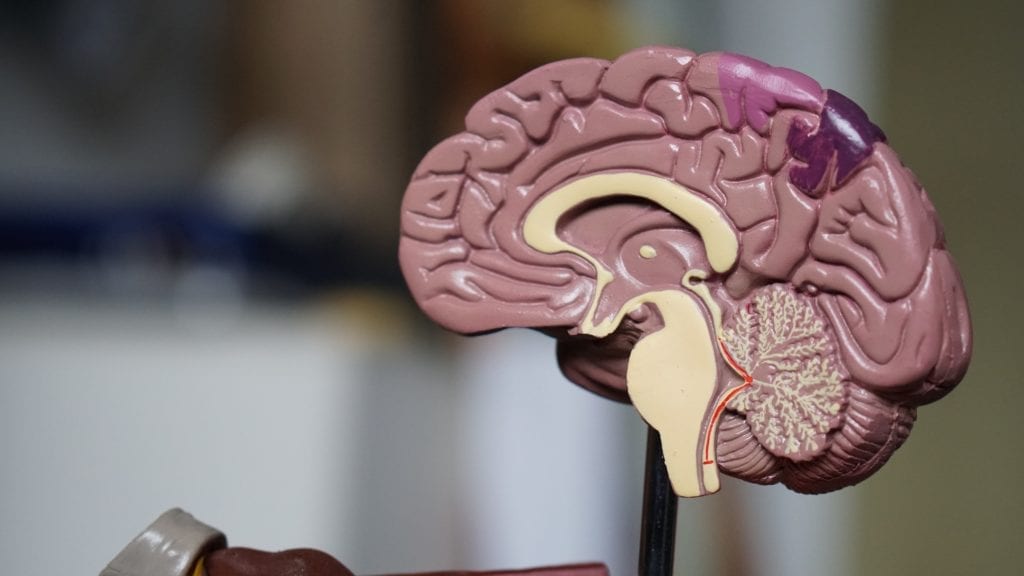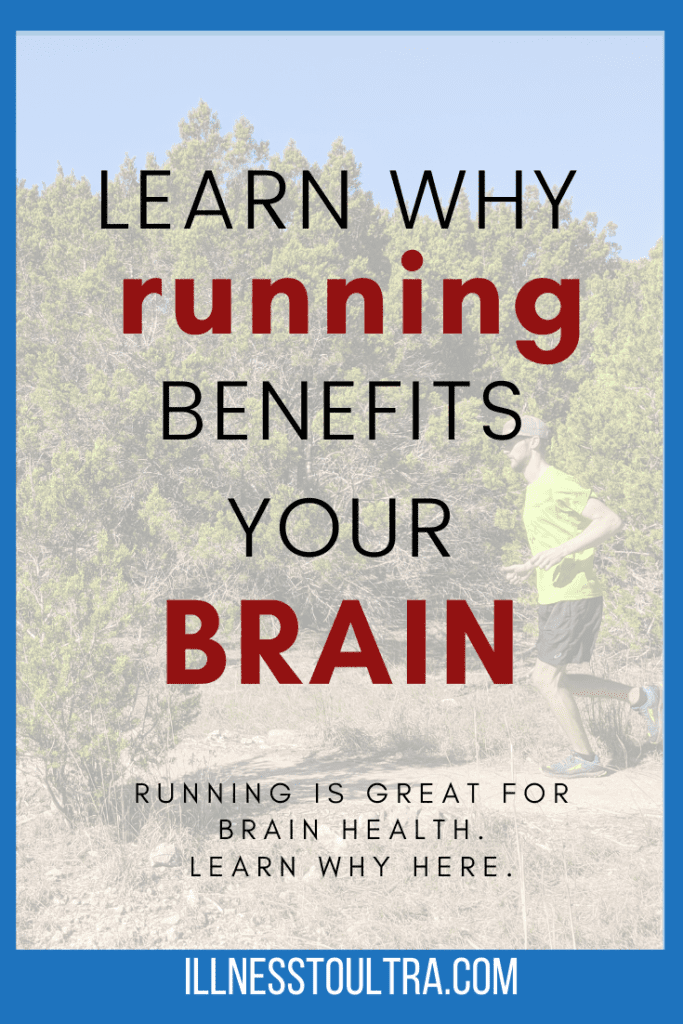Still have an excuse for not running? I didn’t think so.
Highlights
Is running good for the brain?
Moderate running promotes BDNF that helps maintain and promote the growth of new neurons. Running has also been shown to promote blood flow to the brain allows for more oxygen and much-needed glucose to circulate and create energy for your brain to use in order to function properly.
Does running clear your head?
Going for a run can provide you with space and time to disconnect, refresh or just reflect. Got something on your chest? Get out there and start running – whether you are naturally fast or just plodding along.
Is running bad for the brain?
According to one study, pushing your body – during exercise – to above 80% of your VO2 max causes brain blood flow levels to level off or even decrease compared to your resting state. This means that overexerting yourself during your runs can cause a short term decrease in your mental capability.
As you’ve probably guessed, I like to run. Even though I’m still fighting off chronic illness issues and flare-ups, it doesn’t mean that I want to stop running. Ever since I faced the possibility of potentially never being able to run again, I no longer take my running capabilities for granted. Deep, right? I just want to make sure that – if you want to run – you actually get out there and run! No. Excuses.
Is running the best exercise out there? Honestly, no. There are many other types of exercises that have been proven to help longevity and healthspan. For example, HIIT workouts are amazing! Even interval training is proven to help with physical fitness and long term health. With all of these other exercise options and a running injury rate of 50% a year, it’s actually a little hard to justify running at all. However, moderately paced running can have astounding effects on the brain. And that’s what I want to share with you in this post.
So now that I’ve given you some excellent excuses NOT to run, let’s introduce a GREAT reason to run.

Running is Highly Beneficial to Brain Functionality
Brain Growth
Let’s jump straight in with brain-derived neurotrophic factor (BDNF). BDNF is a protein that helps maintain and promote the growth of new neurons. Neurons are super important for optimal brain function. So the more neurons we have, the better.
Although it was previously believed that humans were born with a life supply of neurons, scientists now know that we can grow new neurons, a process called neurogenesis. In order to perform neurogenesis, important proteins are required, and one of the most important is BDNF.
How do we increase BDNF? You guessed it, through exercise. It’s been shown that even a small amount of exercise can increase the amount of BDNF, with levels rising when regular exercise is practiced. [1] It should be noted that the types of exercise found in this study varied, but they included all major running sessions from as interval training to slow jogs.
Blood Flow
Running is also proven to increase a body’s blood flow. Blood flow is increased when both the heart pumps rigorously and the arteries expand allowing blood to flow more freely. What is important to understand is that your muscles need to receive more oxygenated blood during exercise in order to provide your body with nutrients and flush out nasty toxins.
During exercise, increased blood flow is also visible in the brain. Blood flow to the brain allows for more oxygen and much-needed glucose to circulate and create energy for your brain to use in order to function properly. This is why running benefits brain functionality!
However, this increase in blood flow to the brain is very dependent on the type of running exercise conducted. For example, low-speed jogs or moderately paced walks show beneficial blood flow effects during the workout. Sprinting or other similarly overexerting exercises appear to starve the brain of oxygen and glucose during the workout, decreasing short-term cognitive ability.
I’m sure you’ve tried sprinting before. And you’ve certainly tried walking. Which one is easier to maintain? Walking, of course. Your muscles become easily fatigued during a sprint – especially in comparison to a simple walk. The difference being that one stimulates and the other starves the brain’s ability.
According to one study, pushing your body – during exercise – to above 80% of your VO2 max causes brain blood flow levels to level off or even decrease compared to your resting state. This means that overexerting yourself during your runs can cause a short term decrease in your mental capability. So if you’re looking to maximize your cognitive ability each day, you might want to maintain a moderate running pace – especially if you need to study or work later in the day.
Why Running Can Benefit the Elderly!
Studies also prove that no matter what your age is, you can still grow new neurons and reverse your brain’s aging process. In general, elderly people lose around 1-3% of an area of the brain called the Hippocampus. The Hippocampus is directly involved with your short and long term memory. Hence why older people are often associated with forgetfulness.
To prove why running benefits the brain of the elderly, let’s take a look at this study. Researchers began by measuring the Hippocampus area of the brain in 120 elderly individuals. A strict routine of medium intensity walking and/or stretching group was implemented over the course of one year. After the year ended, these individuals had their Hippocampus remeasured. An average of 2% growth in their Hippocampus area was found!
The key takeaway to this study? There is always a reason to start exercising – no matter what your age!

The Brain Benefits of Running on Mental Health
An additional benefit of exercising is the mental practice that is associated with running. Running is provides a great opportunity for you to listen to music, to podcasts, or to just be inside your own mind without external distractions. I enjoy running without music or podcasts while my wife can’t run without a podcast playing. We all have different running preferences and it’s important to find what works best for you.
Many have associated running to a kind of alternate meditation. I believe they’re right to a certain extent. Running on a trail requires an intense focus on foot placement, and running long-distance requires a good amount of mental discipline – both are elements found in meditation practices. Some even attribute breath awareness as a focal point in achieving a meditative run.
Going for a run can provide you with space and time to disconnect, refresh or just reflect. Got something on your chest? Get out there and start running – whether you are naturally fast or just plodding along. It doesn’t matter. Just grab your essential running gear and get out there!
So What Are You Going to do Now?
Now that we know that moderate running is the best exercise for optimal brain function, beneficial for the elderly, and can boost our mental health, we have no excuses for not getting out there and building up our mileage. Plus, running makes us smarter in the long run (pun intended). Did I mention the endorphin rush you get at the end of a run is worth it?
Please note, that if running is absolutely unattainable for you, consider cycling or keeping up a consistent walking routine. Both of these exercises are similarly beneficial for your brain functionality! Happy exercising.
Like this post? Pin it and follow me for more posts like this!

